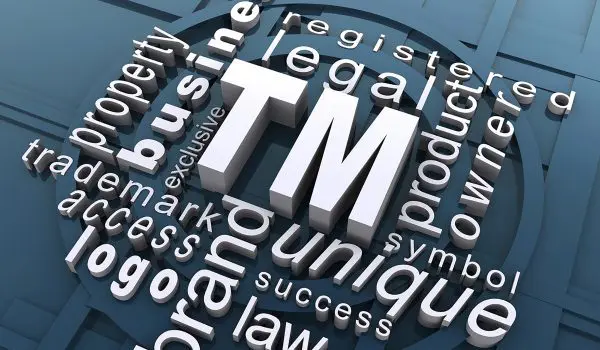The United States Patent and Trademark Office (USPTO) will soon require foreign-domiciled trademark applicants and registrants to retain U.S. licensed attorneys. The new rule will impact companies outside the United States that file their own U.S. trademark applications or seek to extend the protection of an international registration to the U.S.
Effective August 3, 2019, those whose principal place of business (headquarters) or permanent legal residence is outside the U.S. must have a U.S.-licensed attorney represent them at the USPTO in all trademark matters. The requirement applies to trademark applicants, registrants, and parties to Trademark Trial and Appeal Board (TTAB) proceedings. The USPTO believes the new rule will increase compliance with U.S. law and USPTO regulations, improve the accuracy of submissions and safeguard the integrity of the register. The USPTO notes that the rule is consistent with many other countries worldwide who already require local attorneys to be the ones who file papers with their trademark offices.
The rule applies to trademark applications, application-related submissions, post-registration maintenance filings and applications for renewal filed on or after the effective date. Submissions filed with the USPTO by someone other than a U.S.-licensed attorney before the effective date will be accepted if the submission is otherwise acceptable. However, a U.S. attorney is required for filing a response to an office action after the effective date, regardless of when the office action is issued. Owners of applications and registrations need not retain counsel until a submission is filed, but the TTAB will proactively suspend proceedings with foreign-domiciled parties who are not represented by a U.S.-licensed attorney and issue an order requiring such parties to retain a U.S.-licensed attorney to represent them in the proceeding.
Notably, the reciprocal rights of Canadian agents and attorneys to represent their clients before the USPTO have been limited by the new rule, as Canadian applicants and registrants must also be represented by U.S. attorneys once the new rule goes into effect. Canadian trademark attorneys and agents will continue, if eligible, to be recognized as additionally appointed practitioners who can represent their Canadian clients, although the USPTO will correspond only with the appointed U.S.-licensed attorney. Canadian patent agents will no longer be authorized to represent Canadian trademark applicants, registrants, or parties before the USPTO in trademark matters unless they are also U.S.-licensed attorneys.
Initially, the requirement will be applied in provisional refusals (office actions) to foreign-domiciled applicants seeking to extend the protection of an international registration to the U.S. under the Madrid Protocol. However, it is expected that the World Intellectual Property Organization (WIPO) will eventually require applicants to list a U.S. attorney at the time of designation.
Those in the above categories should consider seeking U.S. counsel soon to represent their trademark interests before the USPTO.

